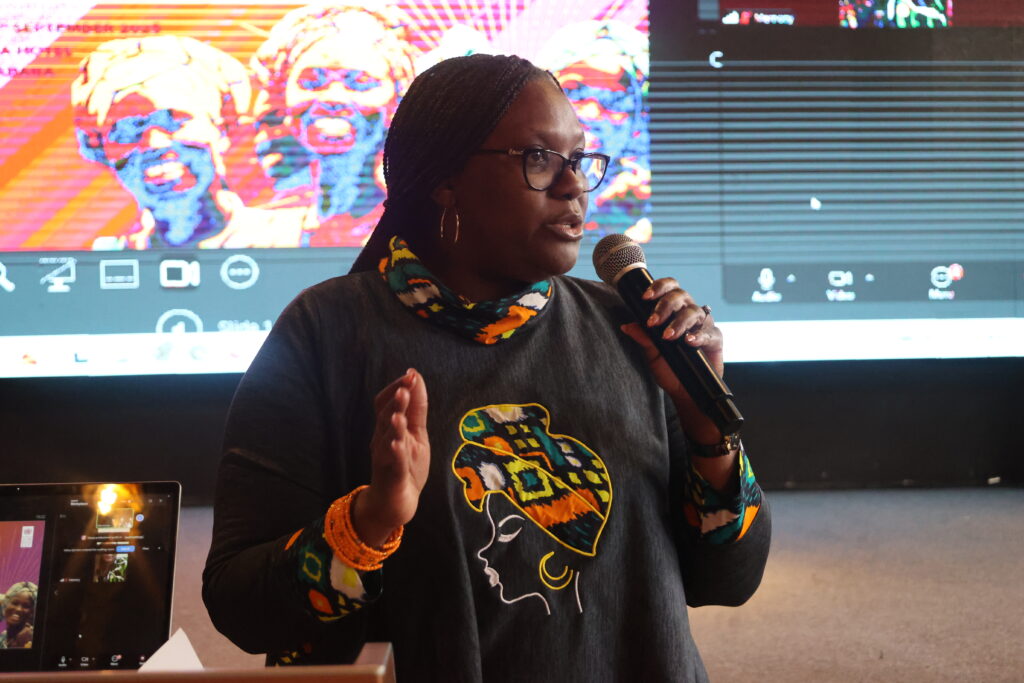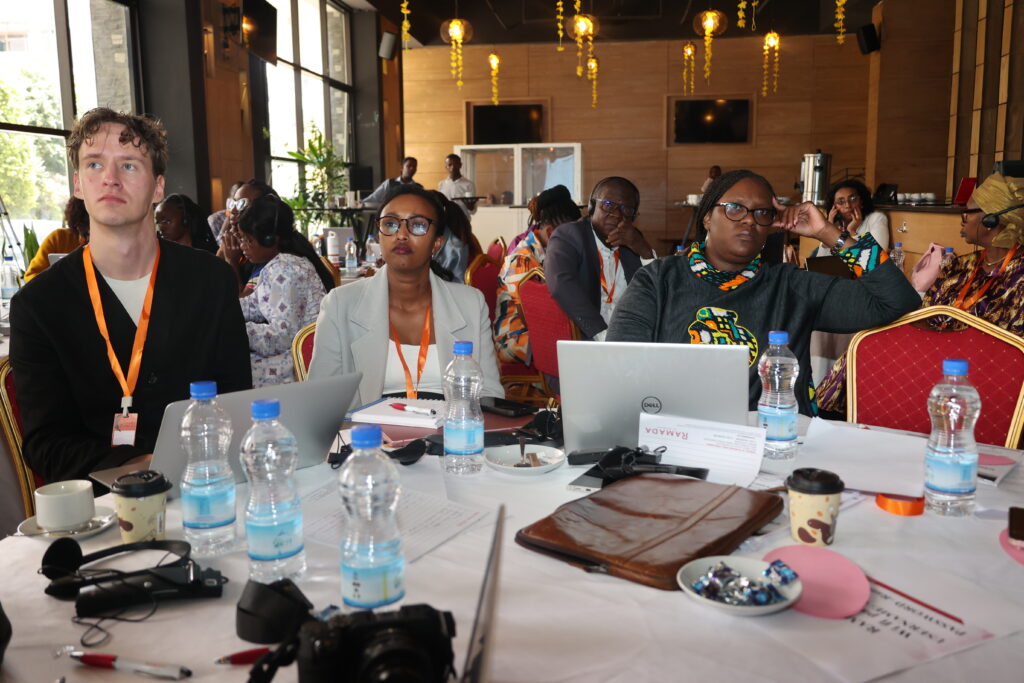By Jenifer Gilla
Addis Ababa. Despite its vast renewable energy potential, fertile land, and the world’s youngest workforce, Africa continues to grapple with debt, food insecurity, and climate vulnerability.
At the African Feminist Just Transition Forum in Addis Ababa, activists and thought leaders called on African governments to break free from colonial economic legacies and pursue a just transition that places women and communities at the center.
Their call comes as African leaders , policymakers and development partners prepare for the Africa Climate Summit, scheduled for September 8–10, 2025.
Speaking at the forum today, Economist Fadhel Kaboub, President of the Global Institute for Sustainable Prosperity, told participants that Africa’s climate crisis is inseparable from structural economic traps inherited from colonialism.
He explained that Eurocentric taxation systems devalued women’s unpaid labor and entrenched hierarchies that persist to this day.
“We cannot decarbonize a system that has not been structurally and economically decolonized. We cannot democratize or de-genderize such a system either,” Kaboub argued.
He pointed to Africa’s dependence on imported food, fuel, and manufactured goods as a deliberate design that fuels trade deficits and weakens currencies hence they produce what they don’t consume, and consume what they don’t produce. That cycle of dependency keeps them borrowing more dollars and imposing austerity which always weighs heavily on women.
Kaboub called for Pan-African cooperation to invest in food sovereignty, renewable energy manufacturing, and high-value industrialization, stressing that Africa must demand fair technology transfers instead of remaining a supplier of raw materials.
Opening the forum, Executive Director of African Women’s Development and Communication Network (FEMNET) Memory Kachambwa, said ensuring women’s leadership is non-negotiable in shaping this future.

She highlighted that women and girls are already driving climate action at the grassroots through adaptation, care work, and local innovations yet they remain underrepresented in formal negotiations.
“We need to create more space for women to amplify their voices and drive the agenda for a just transition. We cannot talk about climate justice in abstract terms we must center it through feminist analysis and lived experiences of women at the frontline of the crisis,” Kachambwa said.
She urged African leaders heading to global summits to link climate justice with gender equality, accountability in climate finance, and the protection of vulnerable groups from displacement and violence.
Cleopatra Phiri Hurugo, Gender Team Lead at UNDP’s Regional Service Centre for Africa, presented carbon markets as a potential tool if managed with fairness.
“When designed with integrity and equity, carbon markets can finance ecosystem restoration, clean cooking solutions, and health infrastructure that reduce the daily burdens on women,” she said.
According to Phiri, carbon markets could mobilize up to USD 6 billion annually by 2030 and create 30 million jobs, provided women have equal access to opportunities.
“Africa must shift from being an exporter of raw credits to one that retains value at home, empowering communities and ensuring women directly share in the benefits,” she added.
She said Africa’s just transition cannot be imported or imposed. It must be built through solidarity, decolonization, and feminist leadership otherwise, the continent risks repeating the same injustices under a new climate agenda.


